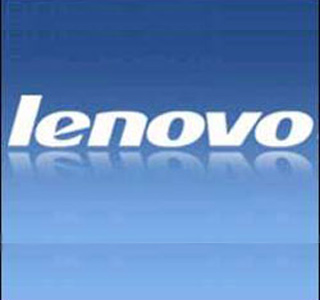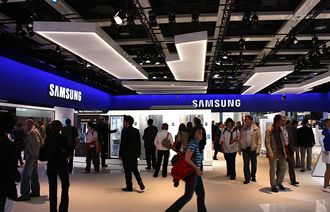 The US will finally get net neutrality after the Republicans realised that mindlessly defending telco’s rights to charge people double were going to cost them votes.
The US will finally get net neutrality after the Republicans realised that mindlessly defending telco’s rights to charge people double were going to cost them votes.
Republicans conceded that the gruelling fight with President Obama over the regulation of Internet service appears over, with the president and all those people who did not want to be charged for internet use were victorious.
The Federal Communications Commission is expected on Thursday to approve regulating Internet service like a public utility, prohibiting companies from paying for faster lanes on the Internet.
Republicans, many of which take donations from the phone companies that opposed the scheme, had slammed the plan as “Obamacare for the Internet.” It looks like that was also a mistake, as a large chunk of Americans did well under Obamacare.
But it also became clear that the Senators needed bi-partisan support to shaft net neutrality and there was no way that the democrats would support it.
It is not over yet. The new F.C.C. rules are still likely to be tied up in a protracted court fight with the cable companies and Internet service providers that oppose it, and they could be overturned in the future by a Republican-leaning commission.
The F.C.C. plan would let the agency regulate Internet access as if it is a public good. It would follow the concept known as net neutrality or an open Internet, banning so-called paid prioritization — or fast lanes — for willing Internet content providers.
In addition, it would ban the intentional slowing of the Internet for companies that refuse to pay broadband providers. The plan would also give the F.C.C. the power to step in if unforeseen impediments are thrown up by the handful of giant companies that run many of the country’s broadband and wireless networks.
Dave Steer, director of advocacy for the Mozilla Foundation, the nonprofit technology foundation that runs Firefox said that despite the telcos out spending out outlobbying the net neutrality lobby, they still managed to lose.
In fact there is talk that the days of top-down decisions by executives investing in or divesting themselves of resources, paying lobbyists and buying advertisements might be over. This case showed that it was possible to remove the old system by mobilising Internet customers and users.
 Ubuntu provider Canonical and Juniper Networks said they have extended their relationship to provide OpenStack based cloud offerings.
Ubuntu provider Canonical and Juniper Networks said they have extended their relationship to provide OpenStack based cloud offerings.


















